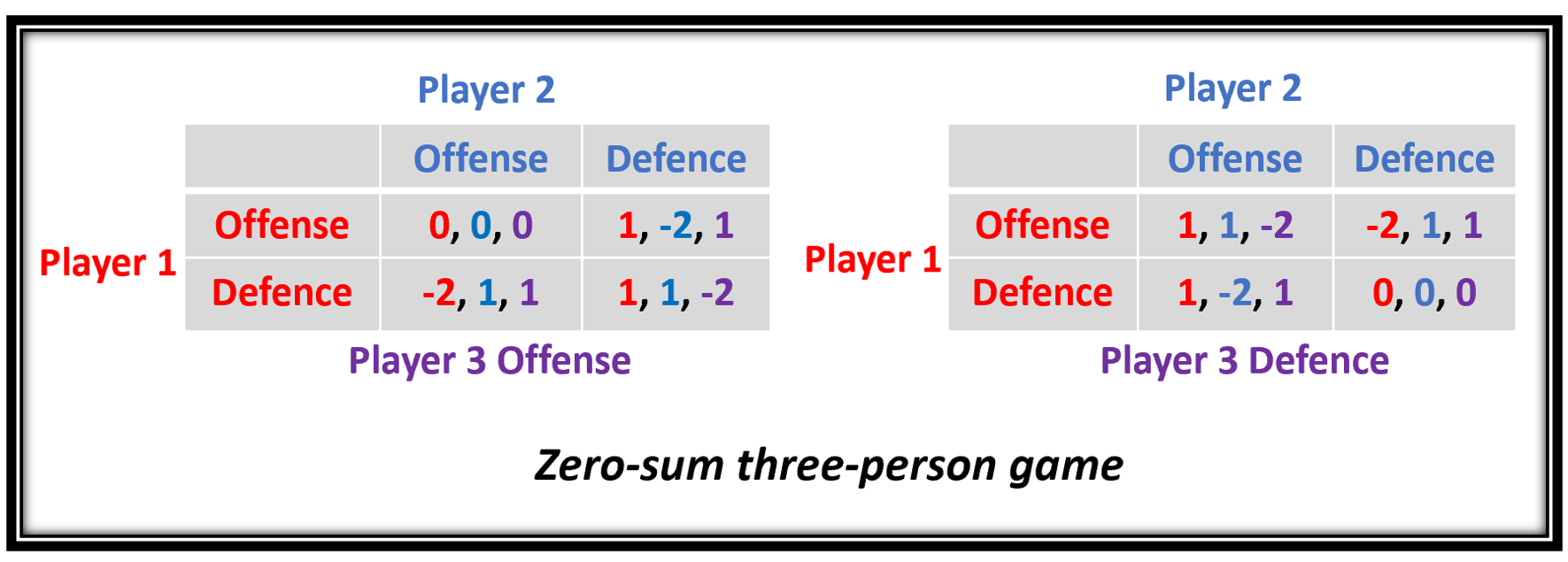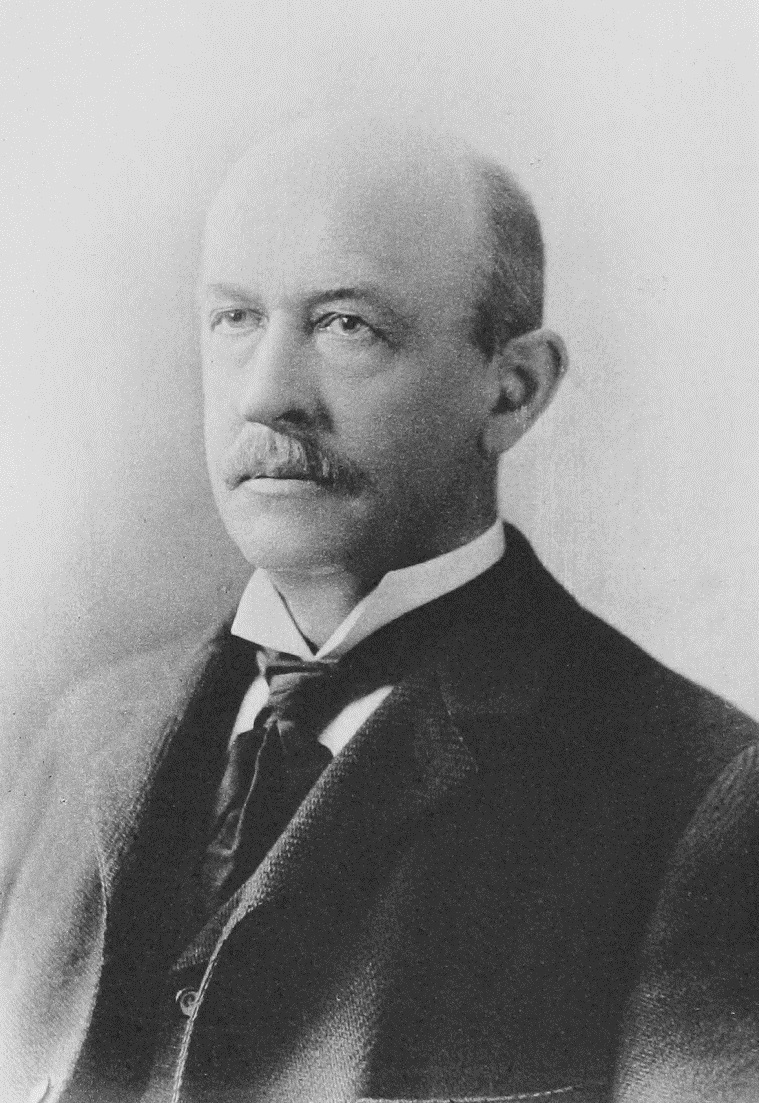|
Superordinate Goals
In social psychology, superordinate goals are goals that are worth completing but require two or more social groups to cooperatively achieve. The idea was proposed by social psychologist Muzafer Sherif in his experiments on intergroup relations, run in the 1940s and 1950s, as a way of reducing conflict between competing groups. Sherif's idea was to downplay the two separate group identities and encourage the two groups to think of themselves as one larger, superordinate group. This approach has been applied in many contexts to reduce intergroup conflict, including in classrooms and business organizations. However, it has also been critiqued by other social psychologists who have proposed competing theories of intergroup conflict, such as contact theory and social categorization theory. In the context of goal-setting theory, the concept is seen in terms of three goal levels. These are classified as subordinate, intermediate and superordinate. An organization's superordinate goals a ... [...More Info...] [...Related Items...] OR: [Wikipedia] [Google] [Baidu] |
Social Psychology
Social psychology is the scientific study of how thoughts, feelings, and behaviors are influenced by the real or imagined presence of other people or by social norms. Social psychologists typically explain human behavior as a result of the relationship between mental states and social situations, studying the social conditions under which thoughts, feelings, and behaviors occur, and how these variables influence social interactions. History Although issues in social psychology have been discussed in philosophy for much of human history, the scientific discipline of social psychology formally began in the late 19th to early 20th century. 19th century In the 19th century, social psychology began to emerge from the larger field of psychology. At the time, many psychologists were concerned with developing concrete explanations for the different aspects of human nature. They attempted to discover concrete cause-and-effect relationships that explained social interactions. In ... [...More Info...] [...Related Items...] OR: [Wikipedia] [Google] [Baidu] |
Zero-sum Thinking
Zero-sum game is a mathematical representation in game theory and economic theory of a situation which involves two sides, where the result is an advantage for one side and an equivalent loss for the other. In other words, player one's gain is equivalent to player two's loss, therefore the net improvement in benefit of the game is zero. If the total gains of the participants are added up, and the total losses are subtracted, they will sum to zero. Thus, cutting a cake, where taking a more significant piece reduces the amount of cake available for others as much as it increases the amount available for that taker, is a zero-sum game if all participants value each unit of cake equally. Other examples of zero-sum games in daily life include games like poker, chess, and bridge where one person gains and another person loses, which results in a zero-net benefit for every player. In the markets and financial instruments, futures contracts and options are zero-sum games as well. In c ... [...More Info...] [...Related Items...] OR: [Wikipedia] [Google] [Baidu] |
Elliot Aronson
Elliot Aronson (born January 9, 1932) is an American psychologist who has carried out experiments on the theory of cognitive dissonance, and invented the Jigsaw Classroom, a cooperative teaching technique which facilitates learning while reducing interethnic hostility and prejudice. In his 1972 social psychology textbook, ''The Social Animal,'' he stated Aronson's First Law: "People who do crazy things are not necessarily crazy," thus asserting the importance of situational factors in bizarre behavior. He is the only person in the 120-year history of the American Psychological Association to have won all three of its major awards: for writing, for teaching, and for research. In 2007 he received the William James Award for Lifetime Achievement from the Association for Psychological Science, in which he was cited as the scientist who "fundamentally changed the way we look at everyday life.” A ''Review of General Psychology'' survey, published in 2002, ranked Aronson as the 78th mo ... [...More Info...] [...Related Items...] OR: [Wikipedia] [Google] [Baidu] |
Jigsaw (teaching Technique)
The jigsaw technique is a method of organizing classroom activity that makes students dependent on each other to succeed. It breaks classes into groups that each assemble a piece of an assignment and synthesize their work when finished. It was designed by social psychologist Elliot Aronson to help weaken racial cliques in forcibly integrated schools. A study by John Hattie found that the jigsaw method benefits students' learning. The technique splits classes into mixed groups to work on small problems that the group collates into a outcome. For example, an in-class assignment is divided into topics. Students are then split into groups with one member assigned to each topic. Working individually, each student learns about their topic and presents it to their group. Next, students gather into groups divided by topic. Each member presents again to the topic group. In same-topic groups, students reconcile points of view and synthesize information. They create a final report. Finally, the ... [...More Info...] [...Related Items...] OR: [Wikipedia] [Google] [Baidu] |
Self-esteem
Self-esteem is confidence in one's own worth or abilities. Self-esteem encompasses beliefs about oneself (for example, "I am loved", "I am worthy") as well as emotional states, such as triumph, despair, pride, and shame. Smith and Mackie (2007) defined it by saying "The self-concept is what we think about the self; self-esteem, is the positive or negative evaluations of the self, as in how we feel about it." Self-esteem is an attractive psychological construct because it predicts certain outcomes, such as academic achievement, happiness, satisfaction in marriage and relationships, and criminal behavior. Self-esteem can apply to a specific attribute or globally. Psychologists usually regard self-esteem as an enduring personality characteristic (''trait self-esteem''), though normal, short-term variations (''state self-esteem'') also exist. Synonyms or near-synonyms of self-esteem include: self-worth, self-regard, self-respect, and self-integrity. History The concept of self-estee ... [...More Info...] [...Related Items...] OR: [Wikipedia] [Google] [Baidu] |
Social Identity Theory
Social identity is the portion of an individual's self-concept derived from perceived membership in a relevance, relevant social group. As originally formulated by social psychologists Henri Tajfel and John C. Turner, John Turner in the 1970s and the 1980s, social identity theory introduced the concept of a social identity as a way in which to explain Group dynamics#Intergroup dynamics, intergroup behaviour. "Social identity theory explores the phenomenon of the 'ingroup' and 'outgroup', and is based on the view that identities are constituted through a process of difference defined in a relative or flexible way depends on the activities in which one engages" This theory is described as a theory that predicts certain intergroup behaviours on the basis of perceived group Social status, status differences, the perceived Legitimacy (political), legitimacy and stability of those status differences, and the perceived ability to move from one group to another. This contrasts with occ ... [...More Info...] [...Related Items...] OR: [Wikipedia] [Google] [Baidu] |
Minimal Group Paradigm
The minimal group paradigm is a method employed in social psychology. Although it may be used for a variety of purposes, it is best known as a method for investigating the minimal conditions required for discrimination to occur between groups. Experiments using this approach have revealed that even arbitrary distinctions between groups, such as preferences for certain paintings, or the color of their shirts, can trigger a tendency to favor one's own group at the expense of others, even when it means sacrificing in-group gain.Tajfel, H. (1974). Social Identity and Intergroup Behavior . Methodology Although there are some variations, the traditional minimal group study consists of two phases. In the first phase, participants are randomly and anon ...[...More Info...] [...Related Items...] OR: [Wikipedia] [Google] [Baidu] |
Discrimination
Discrimination is the act of making unjustified distinctions between people based on the groups, classes, or other categories to which they belong or are perceived to belong. People may be discriminated on the basis of race, gender, age, religion, disability, or sexual orientation, as well as other categories. Discrimination especially occurs when individuals or groups are unfairly treated in a way which is worse than other people are treated, on the basis of their actual or perceived membership in certain groups or social categories. It involves restricting members of one group from opportunities or privileges that are available to members of another group. Discriminatory traditions, policies, ideas, practices and laws exist in many countries and institutions in all parts of the world, including territories where discrimination is generally looked down upon. In some places, attempts such as quotas have been used to benefit those who are believed to be current or past victims ... [...More Info...] [...Related Items...] OR: [Wikipedia] [Google] [Baidu] |
Prejudice
Prejudice can be an affective feeling towards a person based on their perceived group membership. The word is often used to refer to a preconceived (usually unfavourable) evaluation or classification of another person based on that person's perceived political affiliation, sex, gender, gender identity, beliefs, values, social class, Ageing, age, disability, religion, sexual orientation, sexuality, Race (human classification), race, ethnicity, language, nationality, culture, complexion, beauty, height, body weight, job, occupation, wealth, education, criminality, Fan loyalty, sport-team affiliation, Psychology of music preference, music tastes or other personal characteristics. The word "prejudice" can also refer to unfounded or pigeonholed beliefs and it may apply to "any unreasonable attitude that is unusually resistant to rational influence". Gordon Allport defined prejudice as a "feeling, favorable or unfavorable, toward a person or thing, prior to, or not based on, actual ex ... [...More Info...] [...Related Items...] OR: [Wikipedia] [Google] [Baidu] |
Realistic Conflict Theory
Realistic conflict theory (RCT), also known as realistic group conflict theory (RGCT), is a social psychological model of intergroup conflict. The theory explains how intergroup hostility can arise as a result of conflicting goals and competition over limited resources, and it also offers an explanation for the feelings of prejudice and discrimination toward the outgroup that accompany the intergroup hostility. Groups may be in competition for a real or perceived scarcity of resources such as money, political power, military protection, or social status. Feelings of resentment can arise in the situation that the groups see the competition over resources as having a zero-sums fate, in which only one group is the winner (obtained the needed or wanted resources) and the other loses (unable to obtain the limited resource due to the "winning" group achieving the limited resource first). The length and severity of the conflict is based upon the perceived value and shortage of the give ... [...More Info...] [...Related Items...] OR: [Wikipedia] [Google] [Baidu] |
Muzafer Sherif
Muzafer Sherif (born Muzaffer Şerif Başoğlu; July 29, 1906 – October 16, 1988) was a Turkish-American social psychologist. He helped develop social judgment theory and realistic conflict theory. Sherif was a founder of modern social psychology who developed several unique and powerful techniques for understanding social processes, particularly social norms and social conflict. Many of his original contributions to social psychology have been absorbed into the field so fully that his role in the development and discovery has disappeared. Other reformulations of social psychology have taken his contributions for granted, and re-presented his ideas as new. Life and career Early life, education and political involvement Muzafer Sherif was born as Muzaffer Şerif Başoğlu and grew up in a wealthy family that included five children, of whom he was the second born. He attended Elementary School in Ödemiş for six years and then attended Izmir International College from whic ... [...More Info...] [...Related Items...] OR: [Wikipedia] [Google] [Baidu] |
Robbers Cave Experiement
Realistic conflict theory (RCT), also known as realistic group conflict theory (RGCT), is a social psychological model of intergroup conflict. The theory explains how intergroup hostility can arise as a result of conflicting goals and competition over limited resources, and it also offers an explanation for the feelings of prejudice and discrimination toward the outgroup that accompany the intergroup hostility. Groups may be in competition for a real or perceived scarcity of resources such as money, political power, military protection, or social status. Feelings of resentment can arise in the situation that the groups see the competition over resources as having a zero-sums fate, in which only one group is the winner (obtained the needed or wanted resources) and the other loses (unable to obtain the limited resource due to the "winning" group achieving the limited resource first). The length and severity of the conflict is based upon the perceived value and shortage of the give ... [...More Info...] [...Related Items...] OR: [Wikipedia] [Google] [Baidu] |






.jpg)